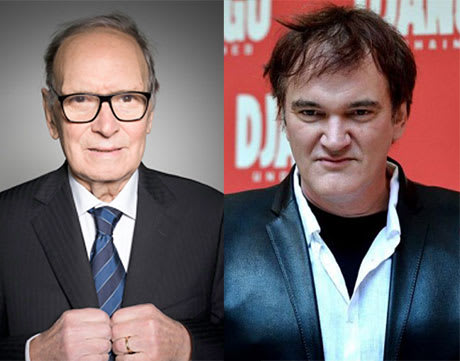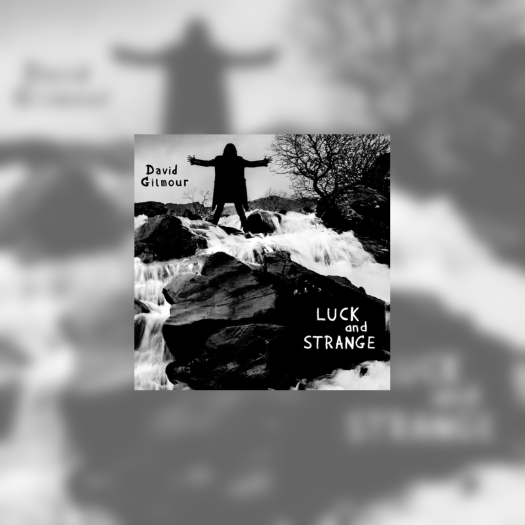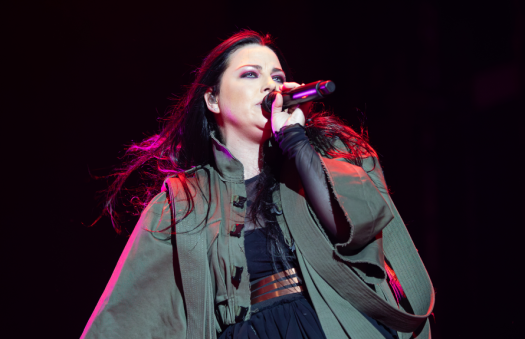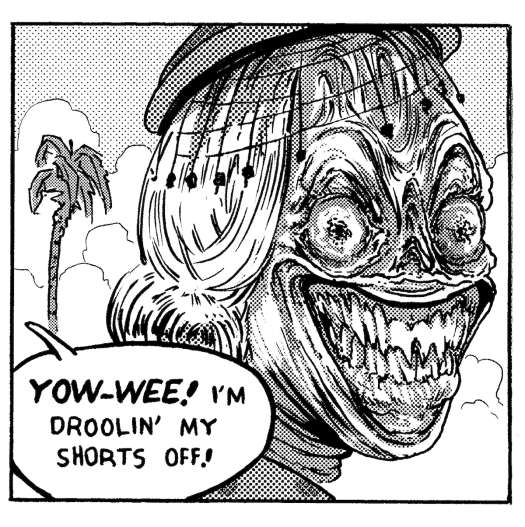Ennio Morricone's work has flecked the scores for many of Quentin Tarantino's films, most recently Django Unchained, which featured an original piece called "Ancora Qui" and some older Morricone catalogue cuts. However, the celebrated Italian composer has now said he won't work with the director again.
As the Hollywood Reporter [via The Playlist] reports, 84-year-old Morricone recently spoke to a music, film and television class at Rome's LUISS University, where the 84-year-old complained that Tarantino "places music in his films without coherence," adding, "you can't do anything with someone like that."
"I wouldn't like to work with him again, on anything," he stated. "[Tarantino] said last year he wanted to work with me again ever since Inglourious Basterds, but I told him I couldn't, because he didn't give me enough time. So he just used a song I had written previously."
Further distancing himself from Tarantino, Morricone told the crowd he wasn't a fan of Django Unchained. "To tell the truth, I didn't care for it," he said. "Too much blood."
On top of "Ancora Qui," Tarantino's Django Unchained used "Sister Sara's Theme" and "The Braying Mule" from 1970's Clint Eastwood western Two Mules for Sister Sara, as well as "Un Monumento" from 1967 spaghetti western I Crudeli.
On top of the two working together on Django Unchained and Inglourious Basterds, Tarantino had also used older Morricone songs for Kill Bill and Death Proof.
UPDATE: In a statement to EW, Morricone has attempted to clarify his comments about Tarantino, offering up the following:
What I read about my statements on Quentin Tarantino is a partial writing of my thoughts which has deprived the true meaning of what I said, isolating a part from the rest. In this way my statement sounds shocking, penalizing me and bothering me a lot.
I have a great respect for Tarantino, as I have stated several times, I am glad he chooses my music, a sign of artistic brotherhood and I am happy to have met him in Rome recently. In my opinion, the fact that Tarantino chooses different pieces of music from a work in a film makes the pieces not to be always consistent with the entire work.
The risk for me, when I compose, is not to be consistent with the film work and my desire is that the director accepts my consistency.
Tarantino proposed me to work for Inglorious Basterds, which I consider a masterpiece, but I could only had two months to work since I had to compose the soundtrack for "Baaria" directed by Giuseppe Tornatore and it was not possible.
Regarding Django, the thing is that I cannot see too much blood in a movie due to my character, is how I feel and impress me especially with a film that is made very well and where the blood is well shot. But this has nothing to do with my respect for that Tarantino which remains great.
As the Hollywood Reporter [via The Playlist] reports, 84-year-old Morricone recently spoke to a music, film and television class at Rome's LUISS University, where the 84-year-old complained that Tarantino "places music in his films without coherence," adding, "you can't do anything with someone like that."
"I wouldn't like to work with him again, on anything," he stated. "[Tarantino] said last year he wanted to work with me again ever since Inglourious Basterds, but I told him I couldn't, because he didn't give me enough time. So he just used a song I had written previously."
Further distancing himself from Tarantino, Morricone told the crowd he wasn't a fan of Django Unchained. "To tell the truth, I didn't care for it," he said. "Too much blood."
On top of "Ancora Qui," Tarantino's Django Unchained used "Sister Sara's Theme" and "The Braying Mule" from 1970's Clint Eastwood western Two Mules for Sister Sara, as well as "Un Monumento" from 1967 spaghetti western I Crudeli.
On top of the two working together on Django Unchained and Inglourious Basterds, Tarantino had also used older Morricone songs for Kill Bill and Death Proof.
UPDATE: In a statement to EW, Morricone has attempted to clarify his comments about Tarantino, offering up the following:
What I read about my statements on Quentin Tarantino is a partial writing of my thoughts which has deprived the true meaning of what I said, isolating a part from the rest. In this way my statement sounds shocking, penalizing me and bothering me a lot.
I have a great respect for Tarantino, as I have stated several times, I am glad he chooses my music, a sign of artistic brotherhood and I am happy to have met him in Rome recently. In my opinion, the fact that Tarantino chooses different pieces of music from a work in a film makes the pieces not to be always consistent with the entire work.
The risk for me, when I compose, is not to be consistent with the film work and my desire is that the director accepts my consistency.
Tarantino proposed me to work for Inglorious Basterds, which I consider a masterpiece, but I could only had two months to work since I had to compose the soundtrack for "Baaria" directed by Giuseppe Tornatore and it was not possible.
Regarding Django, the thing is that I cannot see too much blood in a movie due to my character, is how I feel and impress me especially with a film that is made very well and where the blood is well shot. But this has nothing to do with my respect for that Tarantino which remains great.




